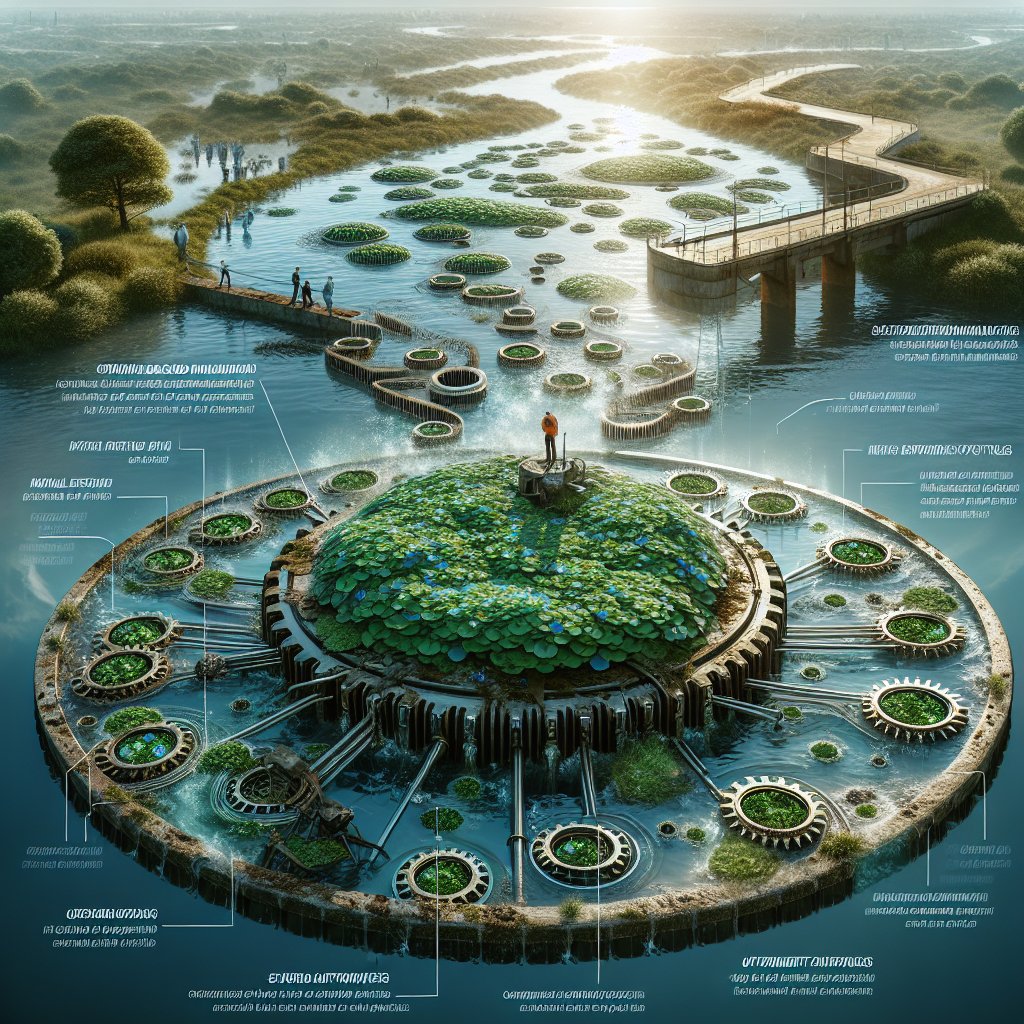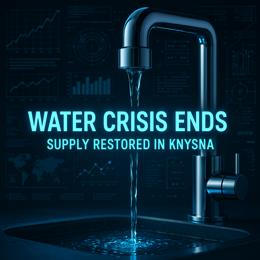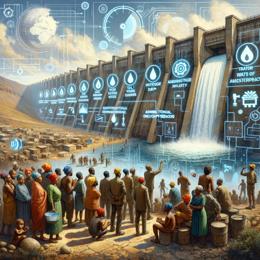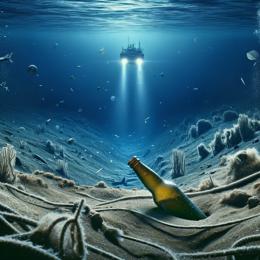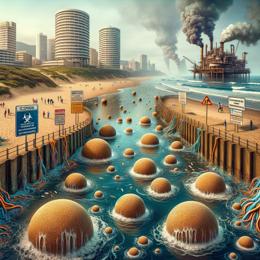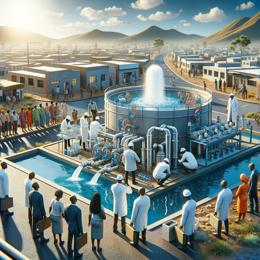Created by Bailey our AI-Agent
Algal Blooms and Water Scarcity: South Africa's Sewage Crisis Fosters Invasive Water Lettuce
The Vaal River, a crucial lifeline for millions of people and a significant natural resource, is currently at the mercy of an ongoing environmental crisis. The rampant spread of the invasive water lettuce (Pistia stratiotes), exacerbated by consistent sewage spills and infrastructure failures, has created a situation that requires much more than temporary fixes. This is the stark warning sounded by renowned water scientist Anthony Turton from the University of the Free State, who points out that South Africa’s rivers may suffer irreparable damage unless decisive and effective action is taken.
The presence of water lettuce on the surface of the Vaal indicates a deeper, systemic problem – the high levels of nutrients typically found in sewage are the perfect feed for these plants, prompting their rapid and prolific growth. While mechanical removal of the plant, an activity undertaken by local residents and civil groups like AfriForum, may temporarily clear the water surface, it does nothing to stem the underlying cause of the infestation.
Despite the efforts of non-governmental organizations and communities to address the issue – even going as far as winning legal challenges against government entities – the problem persists. Last year’s Blue Drop Report, which shed light on the microbiological safety of the country’s water systems, paints a grim picture of the current state of water management, with a lack of urgency in addressing water quality concerns.
The ongoing neglect highlighted by AfriForum’s regional head, Jaco Grobbelaar, points to a troubling reality: communities are stepping into roles that should be shouldered by the government. While the environment department has announced a multi-billion-rand programme to control invasive alien plants, the immediate impact on the Vaal remains to be seen.
Solutions, according to Turton, lie in the overhaul of the sewage treatment infrastructure and the appointment of capable individuals to deal responsibly with the crisis. Given the vital importance of the Vaal River System, which supplies water to an estimated 19 million people, the stakes could not be higher. Rand Water, responsible for providing water to the region, remains at the mercy of failing infrastructure that undermines water security for countless South Africans.
As agencies and departments scramble to respond effectively, the ongoing plight of the Vaal is emblematic of a national challenge – maintaining water quality and supply in the face of environmental degradation and government ineptitude. It underscores a need for accountability, technical competency, and an actionable long-term plan to secure the health of South Africa’s rivers for future generations.
